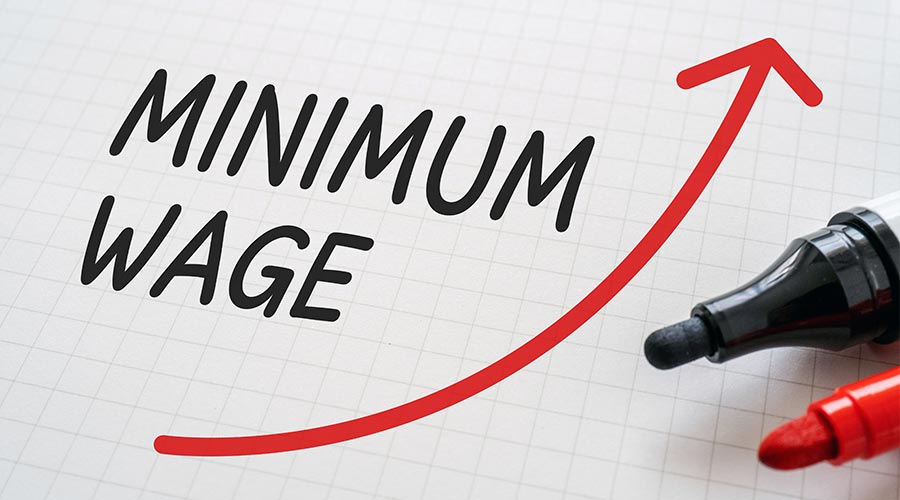
The Los Angeles City Council has approved a measure that would establish the nation's highest minimum wage for tens of thousands of tourism workers, setting a target of $30 per hour by 2028, coinciding with the city's hosting of the Olympic Games. The proposal, which passed by a 12-3 vote, applies to hotels with over 60 rooms and businesses operating within Los Angeles International Airport.
This decision carries significant implications for Los Angeles County's tourism industry, a major employer that supports more than 540,000 residents, according to the American Hotel and Lodging Association (AHLA). However, the sector has not fully recovered from the COVID-19 pandemic, with international visitor numbers in 2023 at only 79 percent of 2019 levels. The AHLA warns that this slower recovery, coupled with other challenges such as wildfires, has negatively impacted the industry. Industry groups claim that the proposed wage increase will further strain businesses that are already struggling with staffing shortages and reduced tourism numbers.
The measure calls for a gradual wage increase, with an initial rise to $22.50 per hour in July 2025, progressing to $25 in 2026, $27.50 in 2027, and finally $30 in July of 2028.
Beyond wage adjustments, the ordinance includes several other proposed amendments to the existing Hotel Worker Minimum Wage Ordinance. Employers will be mandated to provide six hours of paid annual training to each employee, covering crucial topics such as safety, worker rights, harassment, and discrimination. Additionally, hotel employers will be required to contribute $8.35 per hour for their workers' health care by July 2026.
Advocates for the wage increase, such as Jessica Durrum, deputy director of Policy and Campaigns at the Los Angeles Alliance for a New Economy (LAANE), argue that the policy is essential to ensure that tourism workers can afford to live in the city where they work, especially as Los Angeles prepares for a series of major events leading up to the 2028 Olympics. Durrum believes that increased wages will stimulate the local economy, citing an economic impact study that projects an increase of over $1.2 billion in regional income by 2028, with a significant portion of this spent locally. Los Angeles City Council member Hugo Soto-Martínez echoed this sentiment, emphasizing the importance of a living wage for the dignity of workers.
On the other hand, opponents express concerns that the policy is lacking in foresight. One council member argues that the significant and rapid wage and health benefit increases will inevitably lead to higher hotel rates, reduced hours for hotel workers, and job losses across the broader tourism ecosystem, including restaurants, retail, and attractions. They also highlighted that many Olympic events will occur outside city limits, yet the wage increase exclusively impacts Los Angeles hotels, potentially reducing the competition and impacting the city's ability to attract tourists, leading to a loss of tax revenue.
The Hotel Association of Los Angeles, back in an October 2024 letter, suggested the ordinance was misguided, stating that a nearly 70 percent increase in payroll within two months (considering initial proposed increases and health benefits) is unsustainable for practically any industry.
If all hurdles are cleared, the ordinance will officially take effect and begin its phased implementation in anticipation of the 2028 Olympic Games.

 Celebrating BSCAI's 60th Anniversary eBook
Celebrating BSCAI's 60th Anniversary eBook The Down and Dirty on Cleaning in Virus Season
The Down and Dirty on Cleaning in Virus Season How Surfactant Use is Expanding in Commercial Cleaning
How Surfactant Use is Expanding in Commercial Cleaning